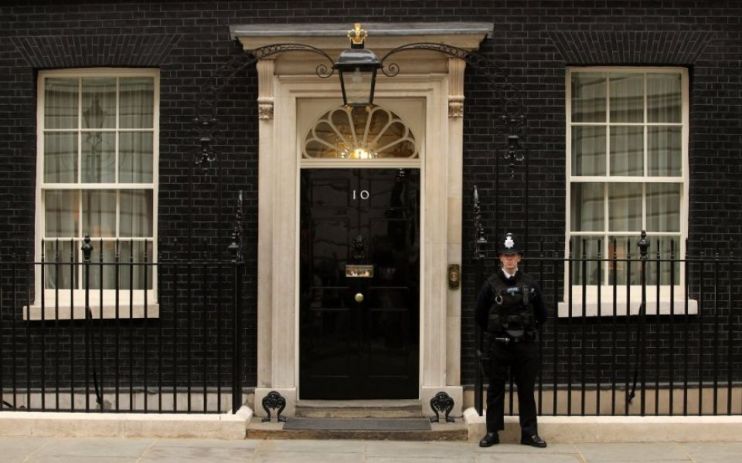Our next Prime Minister should understand how crucial infrastructure projects are to the economy

Tory members are electing their new leader and the next Prime Minister. Boris Johnson or Jeremy Hunt’s premiership will be dominated by a few issues – solving the Brexit deadlock in parliament, funding public services, and healing the country’s divides.
But while it hasn’t featured as prominently as the European issue, infrastructure is of key strategic importance to the UK economy. It is a major employer and driver of economic growth.
No one would deny that the challenge successive governments have faced in delivering significant infrastructure projects in the UK – whether Heathrow’s third runway, HS2, Crossrail, or the A9 road connecting Falkirk to Thurso, Perth to Inverness. Complex project and cost management is clearly required in infrastructure.
Clear, consistent and effective decision-making is critical throughout the process as the projects are selected, financed and built to provide taxpayer value for money.
Mind the gap
The term “infrastructure gap” means the difference between the infrastructure investment needed, and the resources made available to address that need.
This global infrastructure investment gap is set to grow to $14 trillion by 2040, and meeting this challenge as a nation requires a vision from the next government about closing this gap by building new projects and maintaining existing ones.
Although there are many obstacles to making sure that these infrastructure needs are being met, the biggest barrier that ACCA and our research partner CPA Canada identified in a joint report this year was a lack of political leadership.
Where have all the leaders gone?
The research found that a lack of political leadership can often manifest in the prioritisation of new – preferably high-profile – projects, over the necessary maintenance of existing public assets.
To help mitigate this bias, the government should collect data looking at the potential of existing infrastructure, and on the performance of past projects.
Another solution could be to publish an annual assets and facilities report, which includes detailed evidence on the backlog of maintenance of existing assets.
Finding finance
The second barrier we identified was around the lack of finance and funding – specifically when accounting for higher costs of private capital.
To close this finance gap in the UK, the next government should consider innovative revenue funding schemes, such as value capture, which recovers some of the value that public infrastructure generates for private landowners.
The next government also needs to align long-term infrastructure plans with the annual budget process to minimise the use of more expensive private finance.
Whistle-blowing
The third and final barrier concerns planning and regulatory issues, for example where governments fail to monitor and use proper oversight in delivering infrastructure projects.
To guard against this, the next Prime Minister should prioritise professionalising the UK Finance Function, while also bringing forward whistle-blowing legislation to give public servants the support required to challenge unethical behaviour which can end up derailing infrastructure projects.
Life cycle
Our report also demonstrates how bringing accountants to the centre of infrastructure decision-making will improve the selection, financing, and delivery of projects.
The accountant’s unique skills, experience, and perspective can mean the difference between success and failure in these projects.
Let’s bring them in across the entire life cycle, and as a critical member of the professional team.
We face the major challenges of adapting to changing climates and demographics, while also needing to respond effectively to increased cyber threats.
The next Prime Minister’s attention may well be dominated by Brexit, but each of these trends together means our country needs quality infrastructure, and much more of it.
